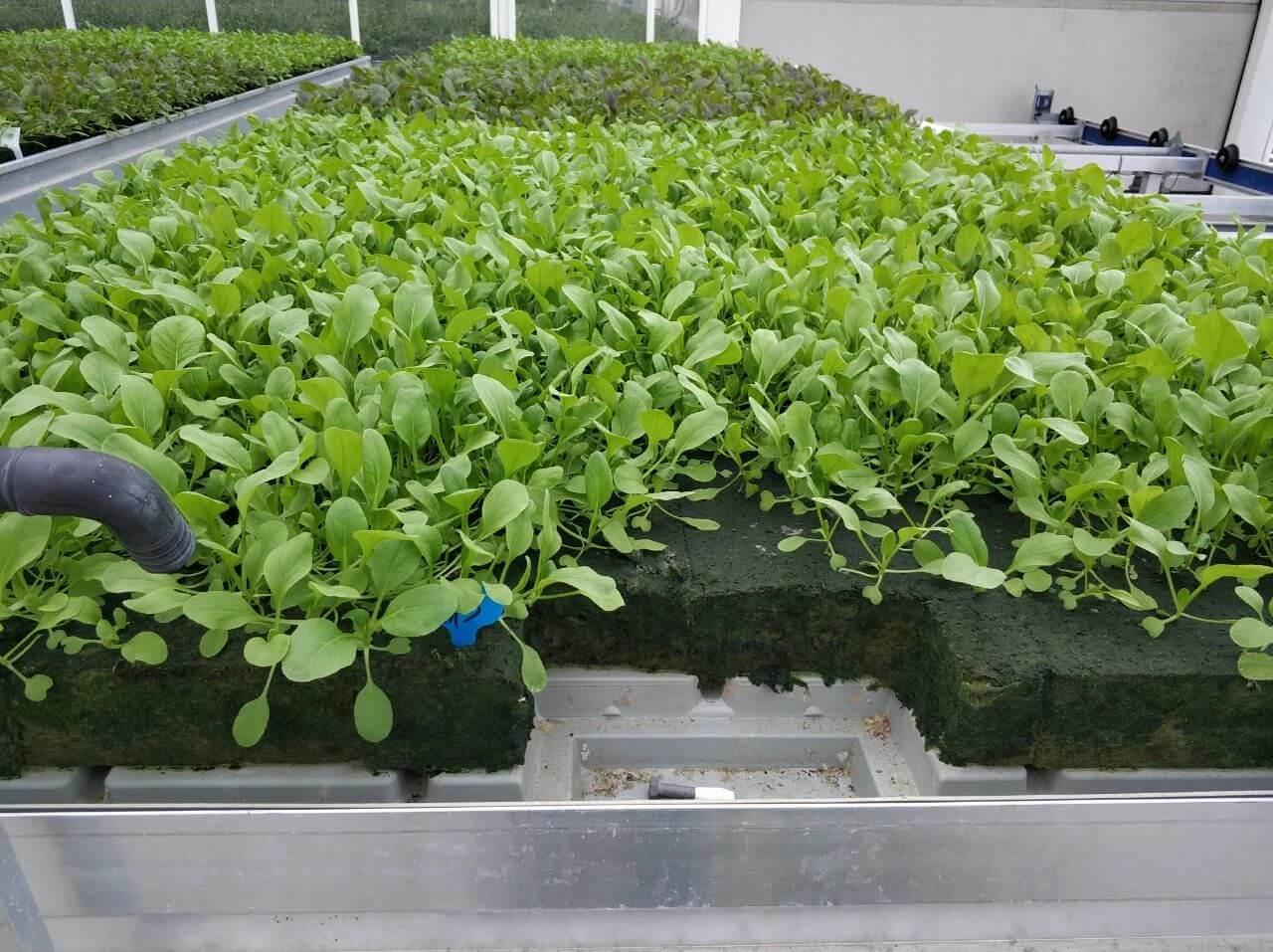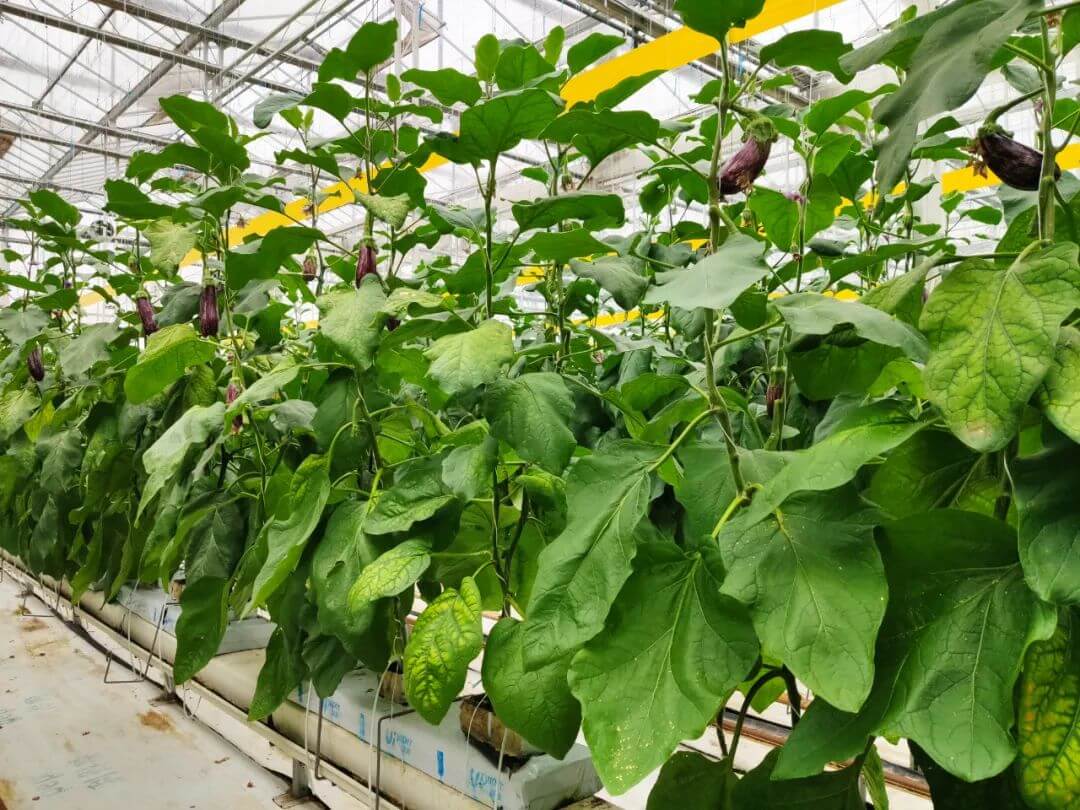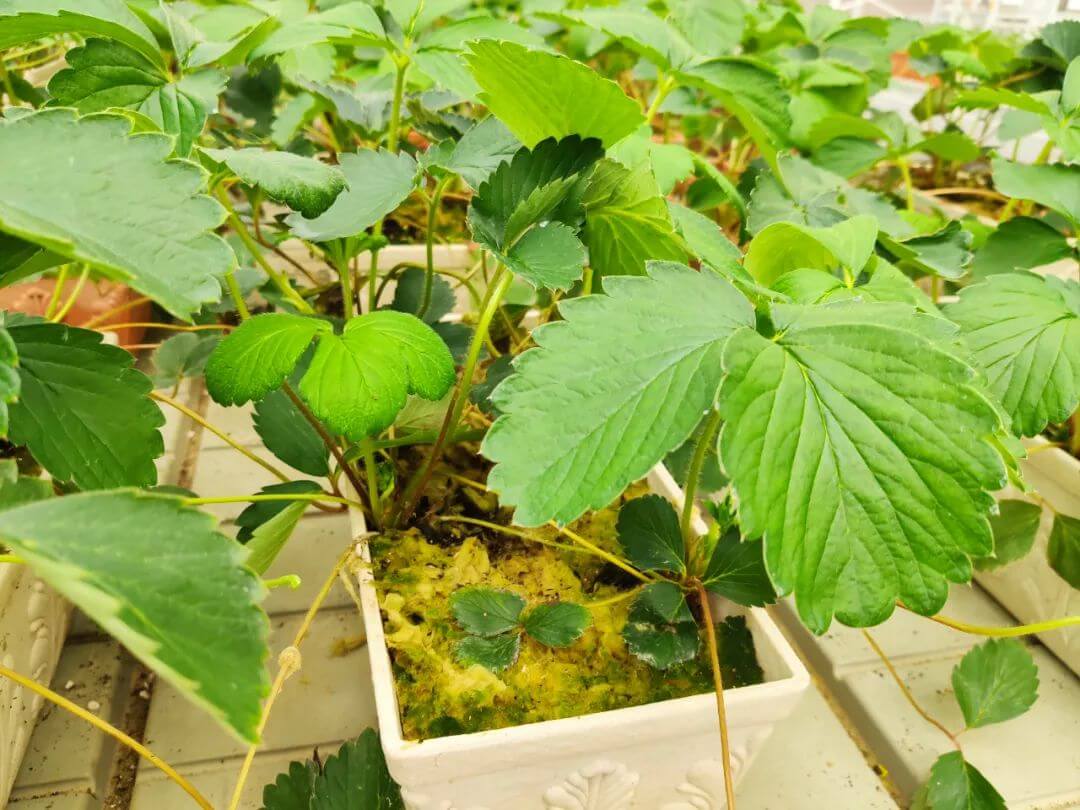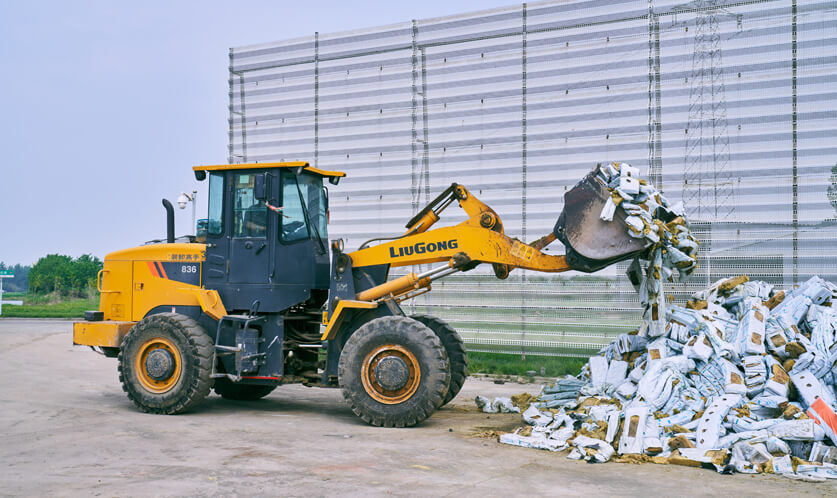With the continuous deepening of the low-carbon environmental protection concept, UPuper® not only does its best to minimize the pollution to the environment by reducing solid waste discharge in production but also pays attention to the rockwool recycling of waste rock wool after planting.
As a company with a strong sense of social responsibility in China, UPuper®has been committed to pursuing the concept of green and sustainable development.
From the stacking and transportation of raw materials to spraying water and sealing treatment; to production using advanced electric furnace equipment; finally to dust-free cutting and closed stacking of finished products, every link adheres to green production. Moreover, the slag balls and waste materials generated in each link can be recycled to achieve zero solid waste, waste water discharge and ultra-low emission of waste gas.
UPuper® rockwool substrate, its own research and development concept, is to provide green, safe and efficient planting substrates for modern greenhouses, improve modern agricultural production efficiency, reduce resource consumption, and promote sustainable agricultural development.
In order to explore the multiple uses of used stone wool, UPuper® Laboratory has conducted a number of experiments and cooperated with Shanghai Chongming National Facilities Agricultural Engineering Technology Research Center in China to obtain a number of research results.
Rockwool is not a disposable item, it can realize crops cycle planting.
1.Planting vegetables with waste mineral wool has no effect on the quality of vegetables. The test shows that the cultivation of vegetables with waste rockwool in modern greenhouses can promote the growth of vegetables and has no obvious impact on the quality of vegetables. The nitrate and nitrite contents of vegetables are in the normal range.

(Waste rockwool slabs for leafy vegetable planting)
2.The rockwool growing medium of the greenhouse can be recycled planting for more than 2 years, and the planting effect is not significantly different from that of new stonewool.
Through the tomato-melon-eggplant-okra rotation cultivation mode, the cultivation and production of different types of vegetables on the same rockwool media has been successfully realized, making the rockwool use period reach 2 years. And using a part of the waste mineral wool that has been used for 2 years to plant tomatoes again shows good results, and there is no significant difference from the new grow media; the study also found that the 2-year-old rock wool can be used to grow vegetables after soaking, and the effect is also the same good.
In short, through the rotation of vegetable crops of different families and genera, the rock wool substrate can be recycled multiple times, thereby saving production costs and realizing a low-carbon, green, and recyclable vegetable rock wool plant mode.

(Waste rockwool slabs for eggplant planting)
Rockwool recycle is environmentally friendly and has many uses
The main raw material of rock wool is natural rock basalt, which is widely distributed in nature and easy to mine. It is an inorganic inert matrix and will not bring harm to the natural environment. At the same time, after simple treatment, recycled rock wool can be used alone or mixed with peat as a planting substrate for flowers and potted plants, which can effectively reduce its compaction; in addition, after crushing rock wool, it can also be used as a soil conditioner to improve soil air permeability.

(Plant the strawberry after waste rock wool crushed)
As a pioneer in the promotion of grow media in China, UPuper® started the research on rockwool substrates as early as the 1990s, and has always been committed to providing green, safe and efficient planting substrates for modern greenhouses. In order to solve the problem of used rock wool treatment in large-scale planting bases and promote the further development of rockwool grow media, UPuper® has launched a recycling service in China, and we believe that we will also promote this service to the world in the near future.










